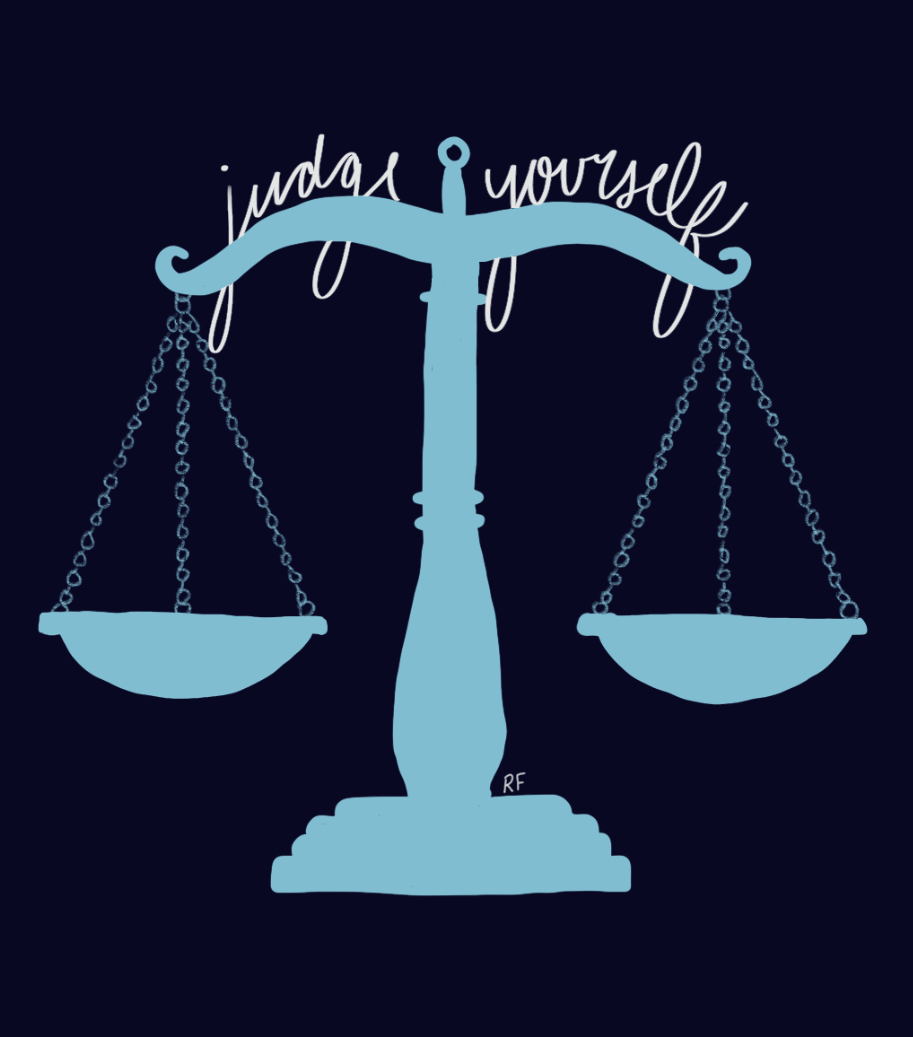If this is the first thing I’ve written that you’ve read, I hope you don’t judge it too harshly. But, in reality, what is judgement really? I recently talked to my roommate about what went through our minds to inspire judgement, particularly negative, about other people. This is what I concluded: judgement is rooted in the belief that you can do something, or be someone, better than whoever you are forming opinions about. If you don’t like my writing, maybe you think you could do it better?
Judgements come in all forms, but my primary focus for the sake of this article is negative judgement. You know, walking past someone and critiquing their outfit in your head. Thinking someone should change the way they style their hair. Being irritated by, and therefore judging, the things people say. So, why do we do it?
American author Martha Beck stated, “The way that other people judge me is none of my business,” and I think there’s something to be said about this. Being judged is not a reflection of who you are, but of who the ‘judger’ believes they are. For example, think of a time where you judged someone. It doesn’t have to be anything crazy, and don’t say you’ve never judged someone because let’s be honest, we all do it. Now try to identify why you judged them. Their ‘out-of-style’ shirt wasn’t affecting your life, so why did it bother you? If you think about it long enough, you can almost always draw a connection to thinking you can do it better.
Because of this, I think most people who judge are proud. I also believe they have a tendency to compare themselves which most likely indicates they’re insecure. Have you ever heard a grandmother say something along the lines of “honey they’re just jealous” when someone is being mean? I don’t believe all judgement is a result of jealousy, I do think it’s primarily about thinking you’re better than others, but I think insecure people are more inclined to do it.
I’ve been on both ends of judgment, and I can’t say I’m thrilled to be admitting it. But I can tell you a lot of the time I judge for these exact reasons. I think I’m better than you, or I’m jealous of you. Neither of which justify being an unkind person. Jesus said “He that is without sin among you, let him first cast a stone at her,” in John’s Gospel, and I think we could all benefit from applying this to our lives a little more frequently. So, here’s my apology. For any time I made an assumption, formed an opinion, or said something unkind as a result of my faults, I am sorry. My sinful pride and jealousy can cloud my judgment. And any time you’ve judged me, I forgive you. Because in the end, judgmental tendencies are a reflection of your character flaws, and not faults in my characteristics.
